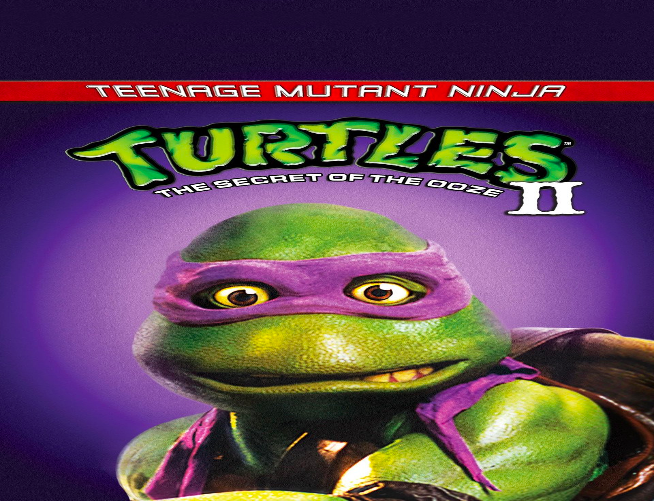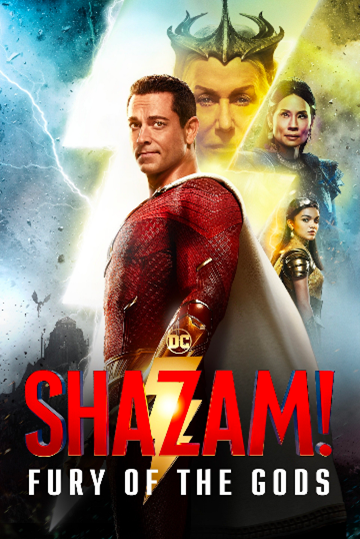
“Oppenheimer” takes us through the exciting life of J. Robert Oppenheimer, from his early days as a genius physicist to his crucial role in the Manhattan Project during World War II –the one that created the world’s first atomic bomb. The movie dives into the moral dilemmas that Oppenheimer and his team grapple with as they race to create a weapon with the power to change history.
Oppenheimer, played by Cillian Murphy, is portrayed as a man torn by conflict. Murphy’s performance brings out the torment and soul-searching that the real Oppenheimer experienced. He becomes a relatable character, and the audience can empathize with him as he wrestles with the knowledge that his work might bring untold devastation.
The movie encourages us to ponder some big ethical questions. What should scientists do when their discoveries have the power to destroy the world? Where is the line between scientific progress and moral responsibility? Should Oppenheimer and his team have been entitled to a say on whether the atomic bomb should be used? “Oppenheimer” challenges its viewers to struggle with these tough dilemmas.
In the end, the film reminds us that the pursuit of knowledge and innovation should be guided by the commitment to humanity’s well-being. “Oppenheimer” shows us that it is our moral duty to make sure those consequences are for the best of the people. “Oppenheimer” isn’t just a history lesson; it’s a thought-provoking journey into the moral complexities of scientific discovery.






